Hello, this is Simon.
I wrote my first dairy a couple of weeks ago. Since it was my first time, it took a while to complete (even though it was in my own language). Once I had finished, I felt good. I cut and pasted it into FE’s ******, and then saw my letter count. It was well over 800 letters, and my diary needed to be less than 600. I was far from finished. I made another cup of coffee, and then set about looking for unnecessary words that I could remove.
Unnecessary Words
Unnecessary words are words that add nothing to the meaning of an expression. When a sentence has a lot of these, it becomes cluttered and more difficult to read. Especially in the case of longer and more complex sentences that contain several clauses. I once read a very good piece of advice about writing. It said:
“Once you have finish writing something, go back and read it again. Look for any unnecessary words or phrases and remove them.”
After checking numerous assignments, I have noticed a few different ways in which unnecessary words or phrases find their way into people’s writing.
Below is a piece that contains several unnecessary words. How many can you find?
Tomorrow is February 14th, which is Valentine’s day. Today, I wanted to buy some nice chocolates for my friends, so I went to town and went to Mitsukoshi, and then I went to Takashimaya which are department stores. I didn’t have a clue what to buy, so I asked the shop assistant for advice on what to buy. She showed me a range of Belgian chocolates, and I chose to buy three boxes of them. I also put in an order for a box that had just sold out. Three days later, a staff member at the store called me and said that my order would be delayed. I got angry and asked for the details about the delivery from her… 613
What makes words unnecessary?
1. Unnecessary Repetition
“I asked the shop assisstant for advice on what to buy.”
“I went to town and went to Mitsukoshi, and then I went to Takashimaya.”
In the first example, phrase “what to buy” was used in the previous clause “I asked the shop assistant for advice on what to buy”, so it is not necessary to repeat it.
In the second example, with the expression “I went to town and went to Mitsukoshi, and then I went to Takashimaya.” there are three separate actions which all share the same verb. In this situation you only need to use the verb once at the beginning.
*************************************************
2. Being Implied, Obvious, or Assumed
“I chose to buy”
“three boxes of them”
“A staff member at the store called”
In the first example, the words “to buy”, are implied in the verb “chose”, because when you are in a shop and “choose” something, it is assumed that you will then “buy” it.
In the second example, the pronoun “them” refers to the “Belgian chocolates”. However, you can just say “I bought three boxes” because it is assumed that you are talking about the “Belgian chocolates” (them).
In the third example, with the phrase “A staff member at the store called” it is assumed that “a staff member” from the store is calling, so you can simply say “the store called”
*************************************************
3. Complicated Wording
“Mitsukoshi…Takashimaya which are department stores”
“I also put in an order for a box”
“Tomorrow is February 14th, which is Valentine’s day”
“details about the delivery”
In the first example, the relative pronoun “which” isn’t needed. Mitsukoshi and Takashimaya are the names of department stores so the name “Mitsukoshi” + “Department Store” is sufficient.
In the second example, the highlighted phrase “put in an order” is a phrase that can be replaced with a single verb “order”.
In the third example, when writing things like dates, locations, or simple facts about people such as their age or occupation, you can often just put that information inside commas (e.g. **** ***** ****).
In the fourth example, the phrase “details about the delivery” contains two nouns. With phrases like these you can often just write the nouns. The important thing is to figure out the which is the main noun (details), which is the modifier (delivery), and put the main noun after the modifier (delivery details).
*************************
Tomorrow, February 14th, is Valentine’s day. Today, I wanted to buy some nice chocolates for my friends, so I went to town to Mitsukoshi, and Takashimaya department stores. I didn’t have a clue what to buy, so I asked the shop assistant for advice. She showed me a range of Belgian chocolates, and I chose three boxes. I also ordered a box that had just sold out. Three days later, the store called me and said that my order would be delayed. I got angry and asked for the delivery details… 491
While doing this I developed a newfound respect for students
That’s all for now. I hope this is helpful.
See you next month!
Simon

Hello! My name is Simon.
I am from New Zealand, and have been living and teaching English in Japan since 1999.
My hobbies include movies, playing the guitar, gardening and hiking.
※このブログでは英語学習に役立つ情報アドバイスを提供していますが、本ブログで提供された情報及びアドバイスによって起きた問題に関しては一切、当方やライターに責任や義務は発生しません。
※ここでの情報や助言を参考に英文を書いたり下した判断は、すべて読者の責任において行ってください。ここに掲載されている記事内の主張等は、個人の見解であり当社の意見を代弁・代表するものではありません。
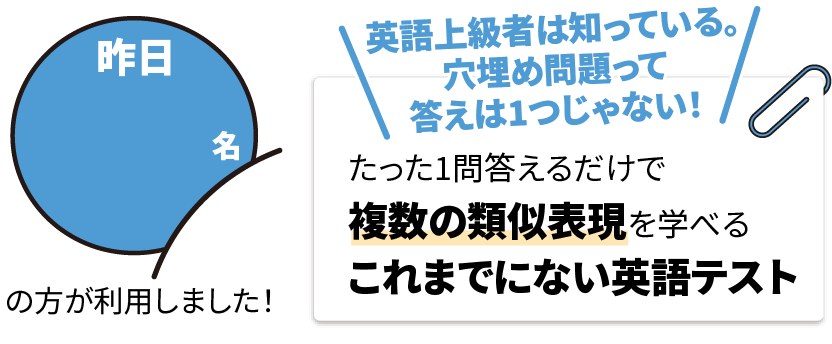




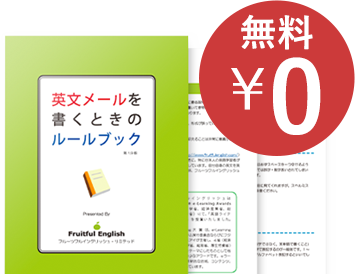


 (12 イイネ!が押されています)
(12 イイネ!が押されています)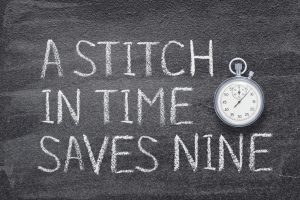



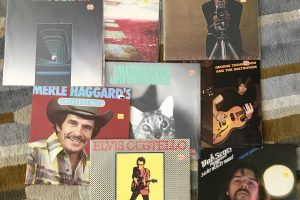

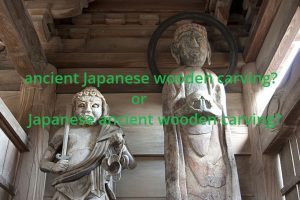





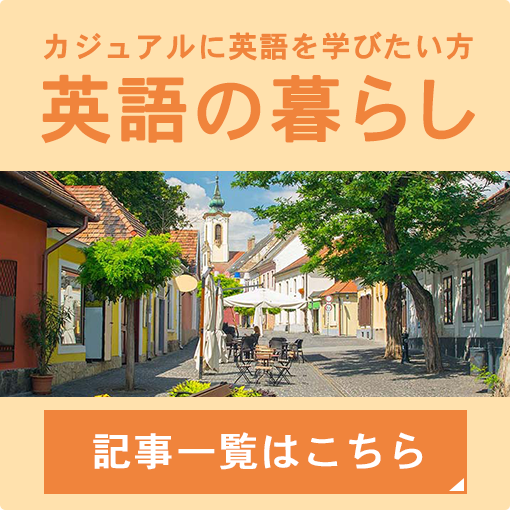
















Thank you for your nice blog that is quite useful to me. I would like to read your blogs more.
分かります!どうしても不要な英語を付け足してします癖。日本人英語あるあるですね!